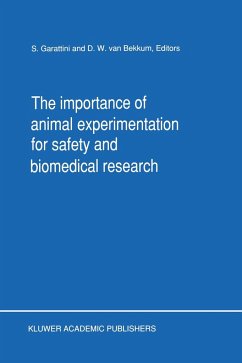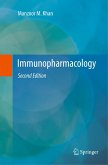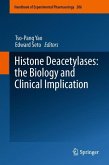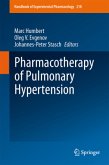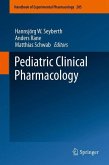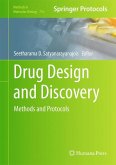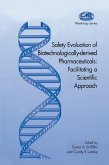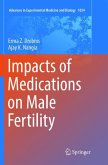Scientists are coming under increasing pressure from activist groups to stop animal experimentation, branded as cruel and unnecessary for improving human health. This attitude, however, stems from an unrealistic evaluation of the situation and distorted information about present scientific knowledge. There is no question that most medical progress - perhaps all, in fac- has been attained through knowledge derived initially from experiments in various animal species. There is practically no way of replacing animals in these investigations and so-called 'alternative methods' are in reality merely complementary. Tissue cultures, cell, microorganisms, enzymes, membranes, mathematical models - all are useful for preliminary screening tests and for testing hypotheses, but the complexity of a living organism is such that in vivo studies are essential before any test can responsibly be made in man. This book presents the proceedings of an international symposium organized in Strasbourg (October 24-25, 1988), with the aim of assessing present-day requirements as regards animal experimentation in research related to major medical and toxicological problems still awaiting solutions.
Hinweis: Dieser Artikel kann nur an eine deutsche Lieferadresse ausgeliefert werden.
Hinweis: Dieser Artikel kann nur an eine deutsche Lieferadresse ausgeliefert werden.
`This book should be read by all medical scientists and practising doctors, and also by any intelligent layman who wishes to be informed on an increasingly contentious issue. The book is properly and nicely printed ...'
Adverse Drug Reactions, 9/3, 1990
Adverse Drug Reactions, 9/3, 1990
`This book should be read by all medical scientists and practising doctors, and also by any intelligent layman who wishes to be informed on an increasingly contentious issue. The book is properly and nicely printed ...'
Adverse Drug Reactions, 9/3, 1990
Adverse Drug Reactions, 9/3, 1990

